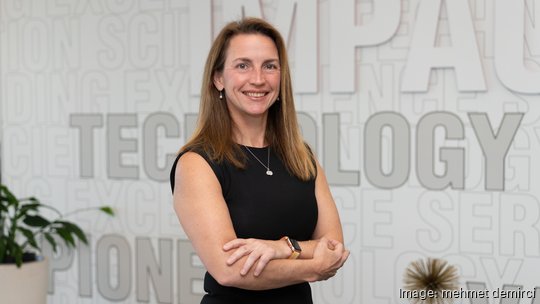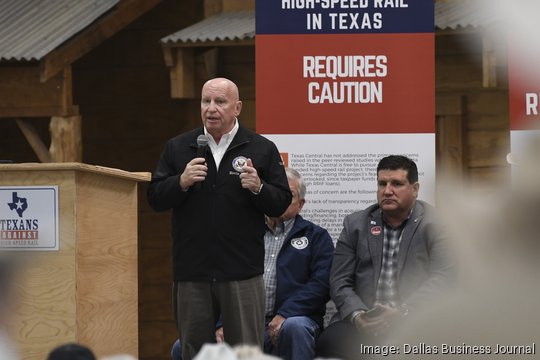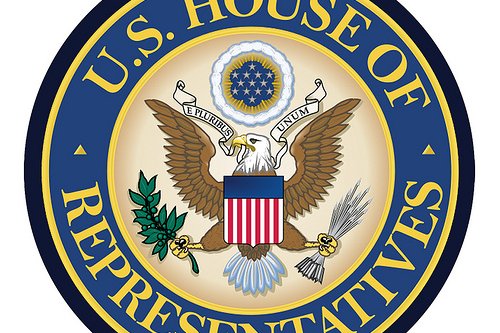
Surprise tax bills are hitting many startups around the country, with businesses in the software industry feeling significant pain from huge, unexpected costs.
The unwelcome surprises stem from lawmakers in Washington failing to extend the provision that allows research and development costs to be fully expensed under Section 174 of the tax code.
The change comes at an already-tough time for many in the innovation sector, which is grappling with reduced venture capital funding, upheaval in the technology sector and economic uncertainty.
“It stinks for software companies,” said Chris Geiss, whose company, Seguno Software in Durham, North Carolina, allows firms to create, manage and track email marketing within Shopify. “What counts as R&D is a little crazy to me, because it’s kind of every feature, software product you put out there — you’re constantly evolving it and improving it, and they say those things count toward R&D, so pretty much the majority of your engineering salary is going toward that.”
While some big companies were prepared for the change, many startups didn't learn of the switch until they received alarming tax bills.
The tax code now requires R&D amortization over a period of five years, potentially creating a mathematical mismatch for software firms whose largest R&D line item is typically software development talent. The life sciences industry is also feeling the strain.
Timeline of Section 178
Larry Robbins, a partner at Wyrick Robbins Yates & Ponton who practices in the areas of both venture capital and tax, said the situation could force startups to raise capital in a challenging environment – just to pay taxes.
At Seguno, Geiss said the company runs profitably and “can take this hit right now."
But not every startup has the bandwidth for bad news in 2023.
Eva Garland leads Eva Garland Consulting in Raleigh, North Carolina, which assists small businesses in securing resources to accelerate the development of their technologies. She said some of her clients are facing a “really tough decision” in light of surprise tax bills.
“It’s a really tough situation," Garland said. Businesses can either file taxes honestly and risk going bankrupt or “pretend they don’t know about this and file by expensing the R&D … when they really should be amortizing.”

Garland said there’s an ongoing effort to pressure Washington about the issue, but the reality of getting a bill passed anytime soon “is not great.”
The Small Software Business Owners Alliance recently issued a letter to Congress demanding action and calling Section 174 “an existential threat to small software businesses."
Garland spearheaded a similar letter earlier this year that was signed by more than 500 companies and individuals.
The tax issue
The tax code as it stands reduces the current deduction to 20%of software developer salaries paid. As such, 80% of the normal developer deductions are not available to shelter income generated during the year.
In theory, if developer costs are stable or growing at a slow pace, by the end of the fifth year, the companies would be back to deducting all developer salaries (that includes deductions of 20% from each of the past five years).
“Unfortunately, between now and that fifth year, there will be, for many software developer-heavy companies, a mismatch of expenses against income and these companies will need to raise capital to pay the taxes,” Robbins said.

Robbins said it’s a major pain point that comes at an already-bad time for early-stage software companies with high research and development expenses.
“Given our current environment for raising capital, and also how hard it is even in great times to raise capital.… we are going to have a big problem unless there is some relief granted by amending the statute,” he said in an email.
Jim Verdonik, founder of Innovate Capital Law, said the issue is hitting some of his business clients “that are just becoming profitable after years of building their businesses and want[ing] to grow.”
Verdonik worries that if employers have to pay taxes on “phantom profits,” they may lay off software developers – adding to an already heavy layoff year for tech companies.
But the issue goes beyond tech companies.
Stephen Furst, founder and CEO of Raleigh-based Smart Material Solutions, a startup focused on advanced manufacturing, said his firm could have to consider layoffs without Congressional action.
Since its inception as an S-corporation in 2016, the firm has accumulated about $3 million in grants earmarked for research. With the tax change, SMS has extended its tax return (which, as an S-corp. means so did all six of its shareholders, personally). Furst is banking on a legislative solution, having recently hired a fourth team member set to start this summer.
But if the $300,000 tax bill has to be paid, “we would have to take out debt.”
“We would go from being a company without much debt to having a large debt that we would have to pay interest on forever … what this does is it hampers our ability to jump from a research company into a company that’s producing product,” Furst said.
Reducing the funding timeline could lead to layoffs that would be avoided “if we didn’t have this,” he said.
What investors are saying
Lister Delgado, managing partner of IDEA Fund Partners, calls the issue “potentially one of the scariest things that could happen to technology startups in recent years.”
“Depending on the level of expenses incurred by companies, this could have a similar negative impact to what we experienced during Covid,” Delgado said. He fears companies that are not profitable will be paying significant taxes not just this year, but for several years.
“Unless companies get creative with their expenditures and tax filings, it is not clear how high-growth businesses will manage,” Delgado said.

David Gardner, founder of Cofounders Capital, has been following the issue closely.
“Again, here we see startups suffering as an unintentional side effect of legislation designed to target the abuses of giant corporations,” he said. “SaaS software startups are particularly hit hard by this because they typically only receive a small amount of revenue each month from customers as they, for all practical purposes, are financing the software purchase for their customers.”
It takes SaaS firms a long time to build up a big enough customer base to mean significant revenue, he said. That means they may have to pay taxes on those dollars “even though they are really losing money every month for the first few years."
Jason Caplain, co-founder of Bull City Venture Partners, said it creates another headwind that could “put a few companies out of business that were already cash strapped.
“You can compare it this way – hiring a new developer is now getting the tax treatment of buying computer equipment,” he said, adding that it could impact hiring decisions down the line. “I think this could act as an inhibitor to some companies that are looking to further invest in R&D.”
Justin Wright-Eakes, founder of Oval Park Capital, also worries that the issue could disrupt some startups.
“That’s a big cash outflow that many of them are not going to be expecting,” he said. “My hope is that it’s going to be addressed at the legislative level.”









